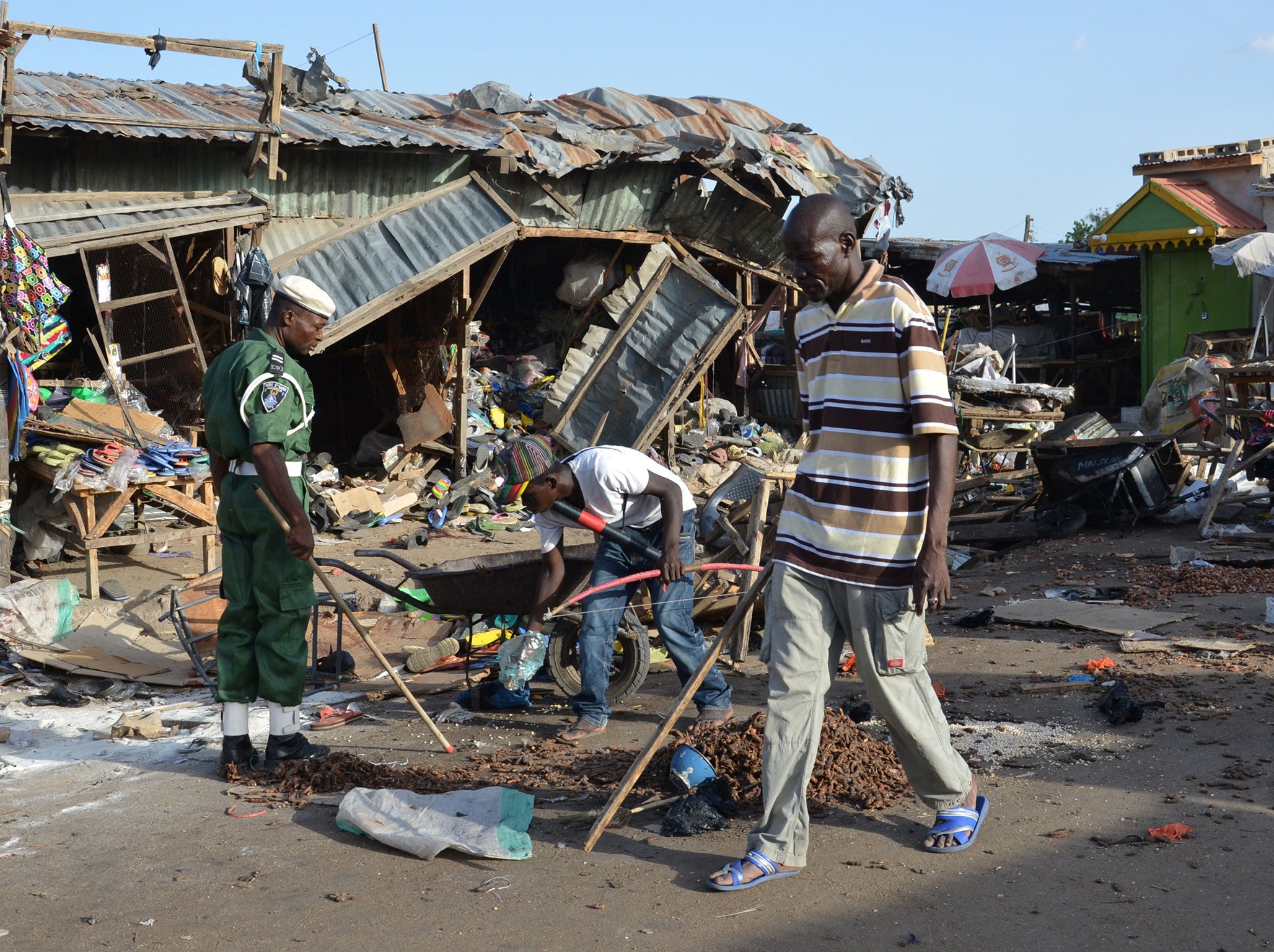Facebook Safety Check turned on for Nigeria Boko Haram bombing, after Paris attacks controversy
Site received criticism for having enabled the feature in the wake of the Paris attacks, but not for a bomb in Beirut just a day before

Your support helps us to tell the story
From reproductive rights to climate change to Big Tech, The Independent is on the ground when the story is developing. Whether it's investigating the financials of Elon Musk's pro-Trump PAC or producing our latest documentary, 'The A Word', which shines a light on the American women fighting for reproductive rights, we know how important it is to parse out the facts from the messaging.
At such a critical moment in US history, we need reporters on the ground. Your donation allows us to keep sending journalists to speak to both sides of the story.
The Independent is trusted by Americans across the entire political spectrum. And unlike many other quality news outlets, we choose not to lock Americans out of our reporting and analysis with paywalls. We believe quality journalism should be available to everyone, paid for by those who can afford it.
Your support makes all the difference.Facebook has turned on its Safety Check feature for the first time since the Paris attacks.
The site activated the tool for a bombing in Nigeria, believed to have been perpetrated by Boko Haram. It is the first time since the site was criticised for turning on the feature in the wake of Isis attacks in Paris but not in Beirut, and the second time it has been turned on in five days.
Mark Zuckerberg announced Facebook was turning on the feature after the suspected Boko Haram bomb left 32 people dead.
The site said that it was now looking to “develop criteria for the new policy” so that it can decide when and how to use Safety Check.
The site’s tool checks for Facebook users that are thought to be in a certain location and asks them to mark themselves as safe. Safety Check was built for natural disasters, but it was turned on for the first time for a man-made tragedy last week.
Some had said that by opting to turn the feature on for an attack in Lebanon but not France, it was showing a bias and implying that deaths in the Middle East mattered less than those in Europe.
In the wake of that controversy, Facebook said it would now turn the feature for “more human disasters”.
The night-time bomb blast in Yola in the north east of Nigeria killed 32, and wounded 80 more. It was blamed on Boko Haram, though it has not claimed responsibility for the attacks.
“We've activated Safety Check again after the bombing in Nigeria this evening,” wrote Mark Zuckerberg in a post after it was turned on.
“Unfortunately, these kinds of events are all too common, so I won't post about all of them. A loss of human life anywhere is a tragedy, and we're committed to doing our part to help people in more of these situations.”
Join our commenting forum
Join thought-provoking conversations, follow other Independent readers and see their replies
Comments